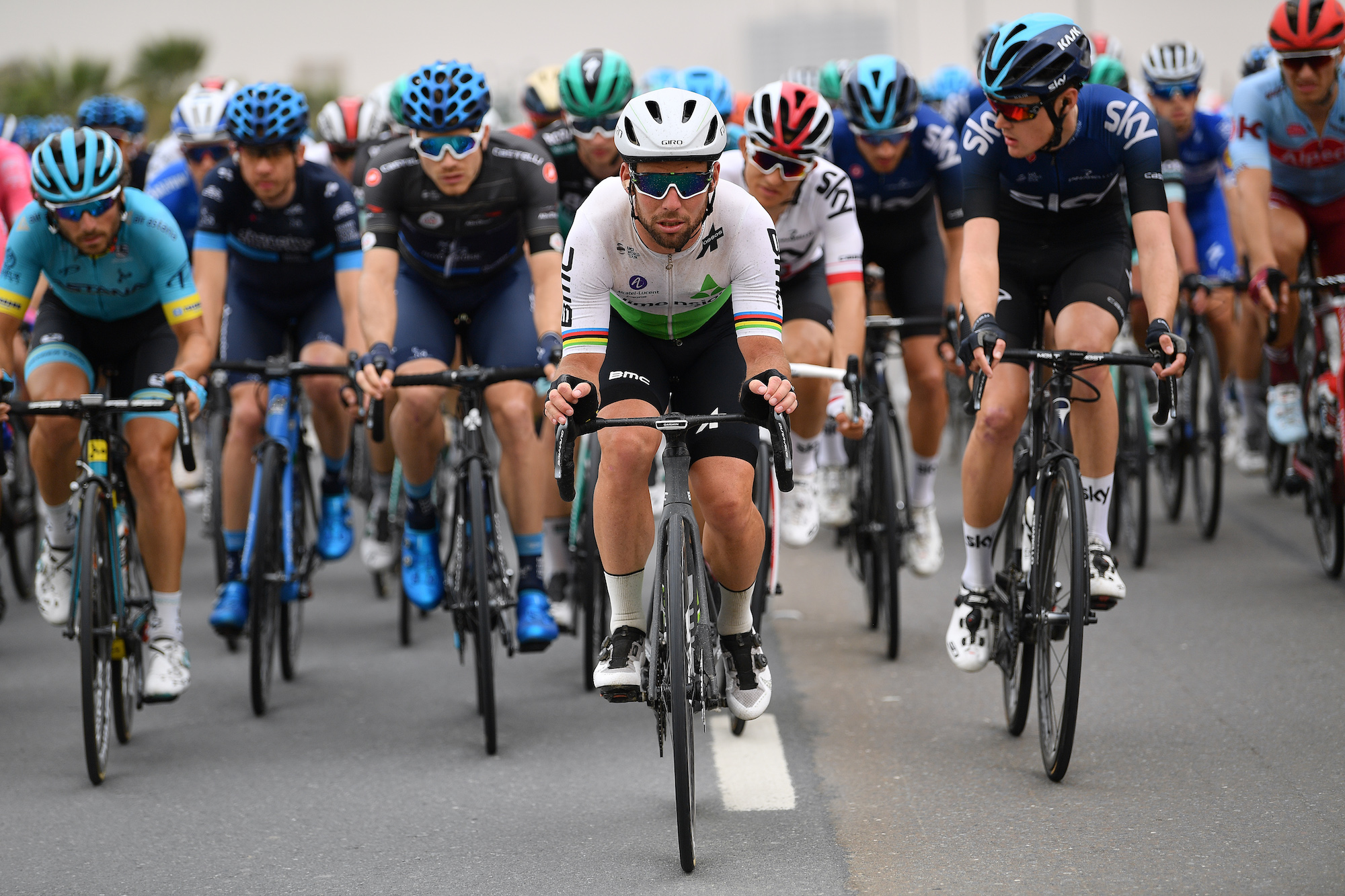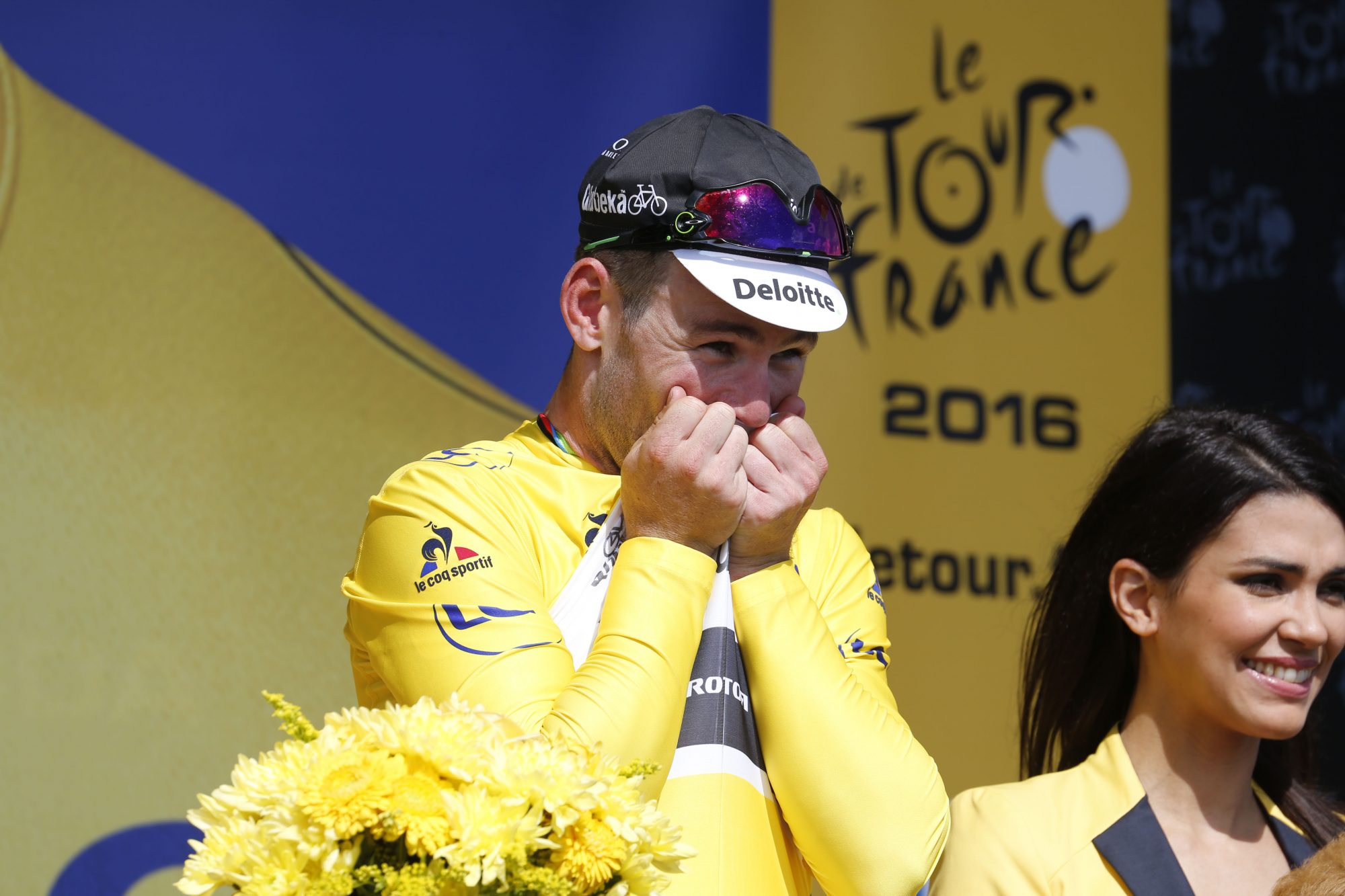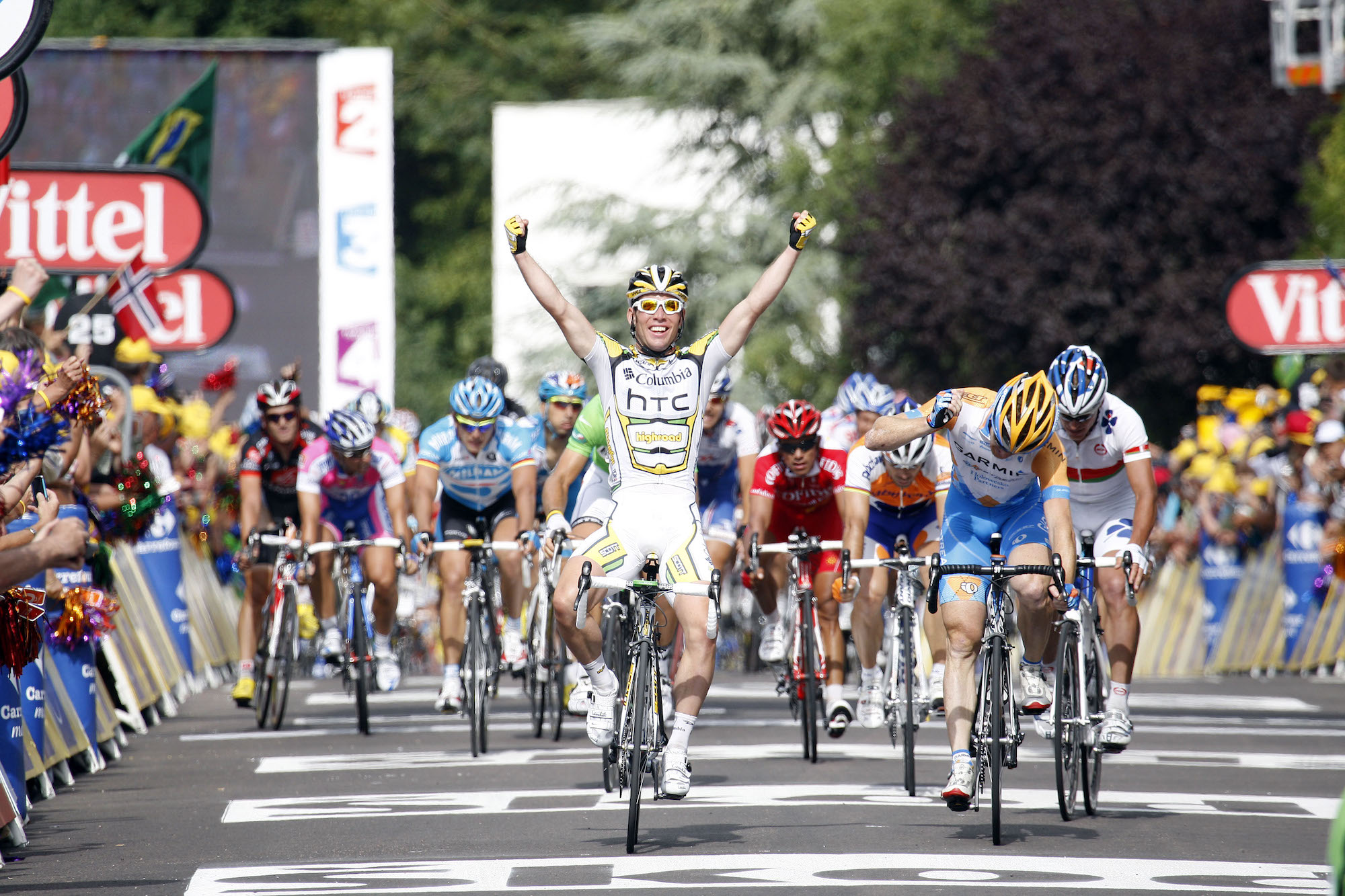He may be missing the Tour, but don’t write off Mark Cavendish just yet
Comment: Cavendish has made a career out of bouncing back against the odds

The latest race content, interviews, features, reviews and expert buying guides, direct to your inbox!
You are now subscribed
Your newsletter sign-up was successful
Anyone expecting a valedictory review of Mark Cavendish’s career should stop reading now. While the Manxman has struggled over the last two seasons, his focus largely devoted to battling the Epstein Barr virus rather than his sprint rivals, I learned a decade ago that writing off Cavendish tends to be an exercise in futility.
>>> Tour de France 2019 start list: Line-ups for the 106th edition
Instead, and adapting Mark Anthony’s words a touch, I wish to praise Cavendish rather than to bury him, and in doing so offer those disappointed by the news of his non-selection for the Tour de France with some hope that there might be a flourish or two before he decides to hang up his wheels.
In 2007 Cavendish started the Tour de France for T-Mobile despite having previously being written off by one of their coaches on the basis of his test results. The coach was reported to have said that Cavendish's numbers meant he wouldn't even make it to the end of a pro race, let alone win one. Cavendish's response was to train with insulation tape over the screen of his SRM power meter display.
The following summer, he emerged centre stage at the Tour with four bunch sprint victories in Columbia’s royal blue jersey.

While that was impressive, his performance at the next edition of the Tour was staggering, as he romped to victory on six stages, a debatable relegation for dangerous sprinting depriving him of success in the green jersey competition, where Thor Hushovd just edged him out.
The fourth of those victories came in the small town of Saint Fargeau in the heart of France. The final 500 metres rose steadily to the line at four-five percent. Riding up them with writer and now podcaster Richard Moore a couple hours beforehand, we agreed that the hill was too steep for Cavendish to be able to continue his winning run, even with the commanding HTC-Columbia team that featured the likes of Tony Martin and Mark Renshaw leading him out. It looked odds on that Hushovd and Tyler Farrar, both powerhouse sprinters, would duke it out between them. To a degree we were right, with Farrar beating the Norwegian, but only to second place behind Cavendish, a couple of bike lengths ahead of the pack, arms flung upwards, grinning with delight.
The latest race content, interviews, features, reviews and expert buying guides, direct to your inbox!

The wins continued to flow wherever the Briton raced, most obviously at the Grand Tours, each of which he has led. But the questioning of his ability has endured too. He was completely dependent on his HTC train, some said. His weakness on the climbs meant he would never win the green jersey, others insisted. But the wins kept coming, even when his train was outgunned, Cavendish surfing from wheel to wheel until he was in the right place to unleash a double kick sprint that first took him clear and then right away from his rivals. Winning the points title at each of the Grand Tours underlined his endurance.
He has won just about everything in the sport that’s within a pure sprinter’s reach. In 2011, he started as favourite for the world title in Copenhagen and totally lived up to the hype, snatching victory when it appeared to be beyond him by drawing on his daring, speed and tactical nous in the final 500 metres.
Just three seasons ago, Cavendish’s four stage wins took him to within four of Eddy Merckx’s record for Tour victories. But the collision with Peter Sagan in 2017 that put him out of that edition and the Epstein Barr illness that forced him to quit last year have prevented him moving closer to that mark. Missing out on the race completely this summer suggests that Merckx’s record will remain beyond him, particularly as he will be 35 next year.
But Cavendish excels at proving naysayers wrong. Indeed, he seems to thrive on that desire to demonstrate that he can’t be written off. There may yet be a fairytale finish to his racing career, and if not at the Tour then perhaps at next year’s Olympics, where a gold medal would fill the only significant gap in his palmarès.
Peter Cossins has been writing about professional cycling since 1993, with his reporting appearing in numerous publications and websites including Cycling Weekly, Cycle Sport and Procycling - which he edited from 2006 to 2009. Peter is the author of several books on cycling - The Monuments, his history of cycling's five greatest one-day Classic races, was published in 2014, followed in 2015 by Alpe d’Huez, an appraisal of cycling’s greatest climb. Yellow Jersey - his celebration of the iconic Tour de France winner's jersey won the 2020 Telegraph Sports Book Awards Cycling Book of the Year Award.